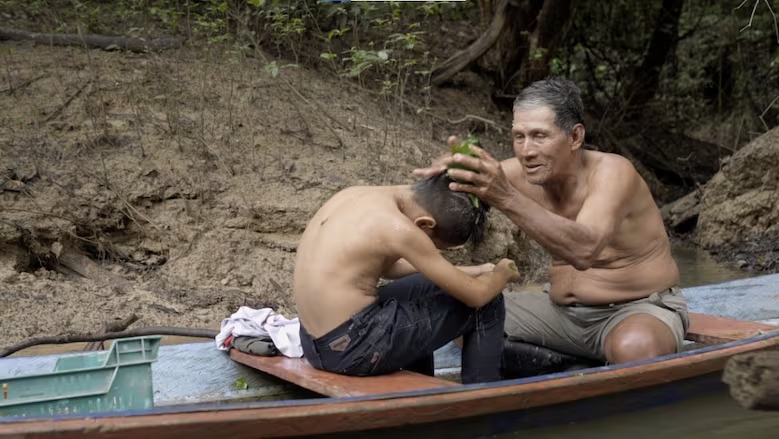How B.C. Lawyers Helped a Peruvian Indigenous Group Win Legal Personhood for the Marañón River
Sarah Desjardins
12/23/20242 min read


As a child, Mariluz Canaquiri spent her mornings fetching water from the Marañón River, a lifeline for her Kukama Indigenous community in northern Peru. Decades later, she played a pivotal role in a landmark legal victory that granted the river the status of a legal person, with the Kukama recognized as its guardians.
In March 2024, a Peruvian court ruled in favor of the Kukama Indigenous Women's Federation, which Canaquiri leads, granting legal rights to the Marañón River. The legal action came in response to years of environmental degradation, including multiple oil spills. An appeal by the Peruvian government to overturn the ruling was rejected in October.
A River with Rights
This victory is part of a growing global movement to recognize nature as a legal entity with rights. The ruling positions the Marañón River as a "person" under the law, enabling it to be defended in court against actions that threaten its well-being.
For Canaquiri, the river’s protection is inseparable from the survival of her people. "Defending rivers and territories means defending our own lives," she said.
B.C. Legal Expertise
The Kukama Federation’s lawsuit received critical support from legal experts at the University of Victoria’s Environmental Law Centre Clinic. Calvin Sandborn and his colleague presented an amicus curiae (friend of the court) submission, drawing on Canada’s experience with Indigenous co-governance of natural resources.
"This is very much an Indigenous concept—that you view the river as part of your family," Sandborn explained. "It’s not just a thing to be dominated and managed."
Sandborn says the case has sparked interest among First Nations in Canada, with some exploring similar legal protections for waterways.
Cultural Connection
Canaquiri also co-produced a documentary, Karuara, People of the River, which delves into the Kukama’s spiritual and cultural ties to the Marañón. The film combines animation inspired by children’s drawings with elders' stories of mythical underwater towns, offering a vivid glimpse into the Kukama’s worldview.
Canadian co-director Stephanie Boyd says the documentary counters Western narratives by showcasing stories rooted in Indigenous traditions. “It makes people think, ‘What does my river or stream mean to me, and how can I protect it?’” Boyd said.
Global Implications
The Marañón River’s legal recognition has garnered international attention, inspiring environmental and Indigenous rights advocates worldwide. Canaquiri hopes the case will empower other communities to protect their natural resources.
"Where I live, it is not easy," she said. "Making our voices heard as women, as Indigenous peoples, is important."
By securing legal personhood for the Marañón, the Kukama have not only safeguarded their river but also reaffirmed the interconnectedness of nature and culture.
News
Stay updated with the latest BC news stories, subscribe to our newsletter today.
SUBSCRIBE
© 2025 Innovatory Labs Inc.. All rights reserved.
LINKS
